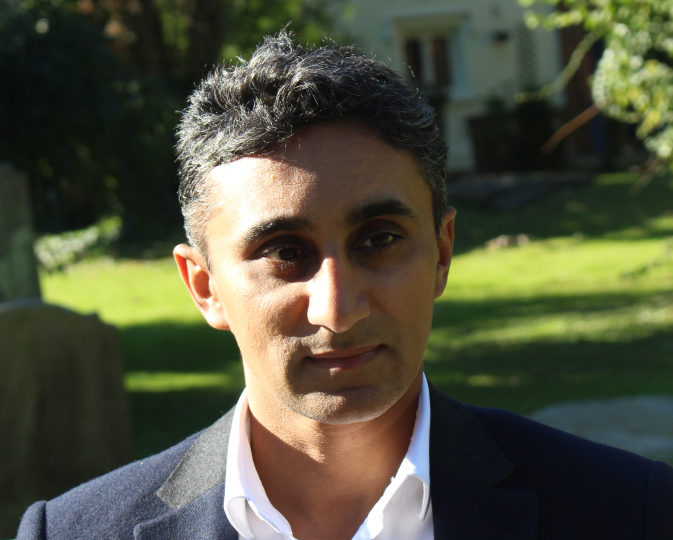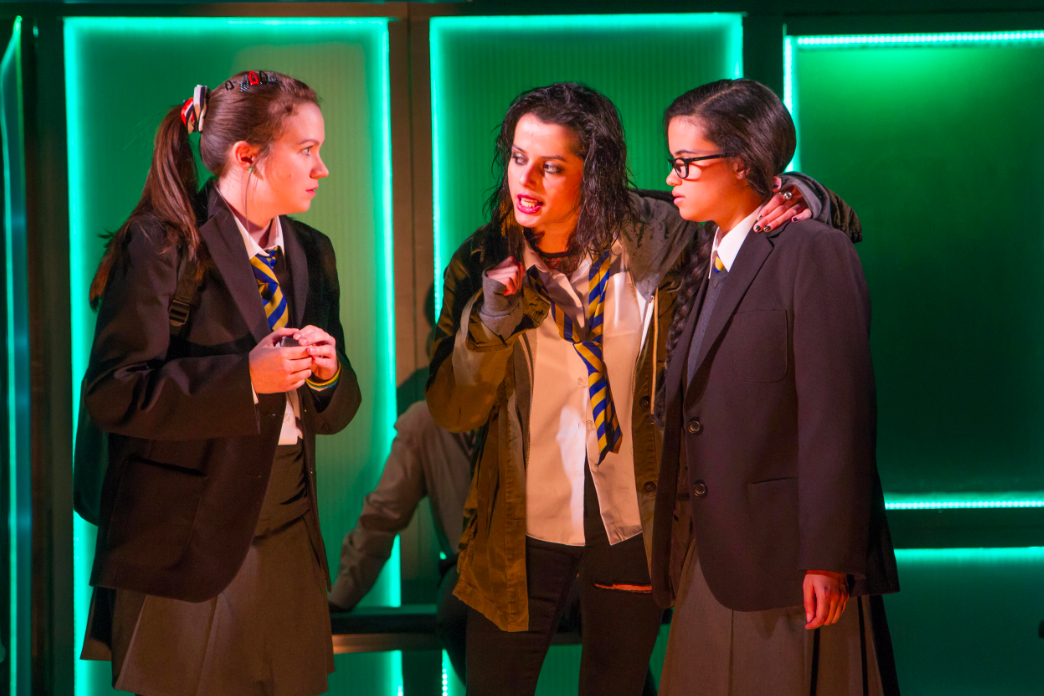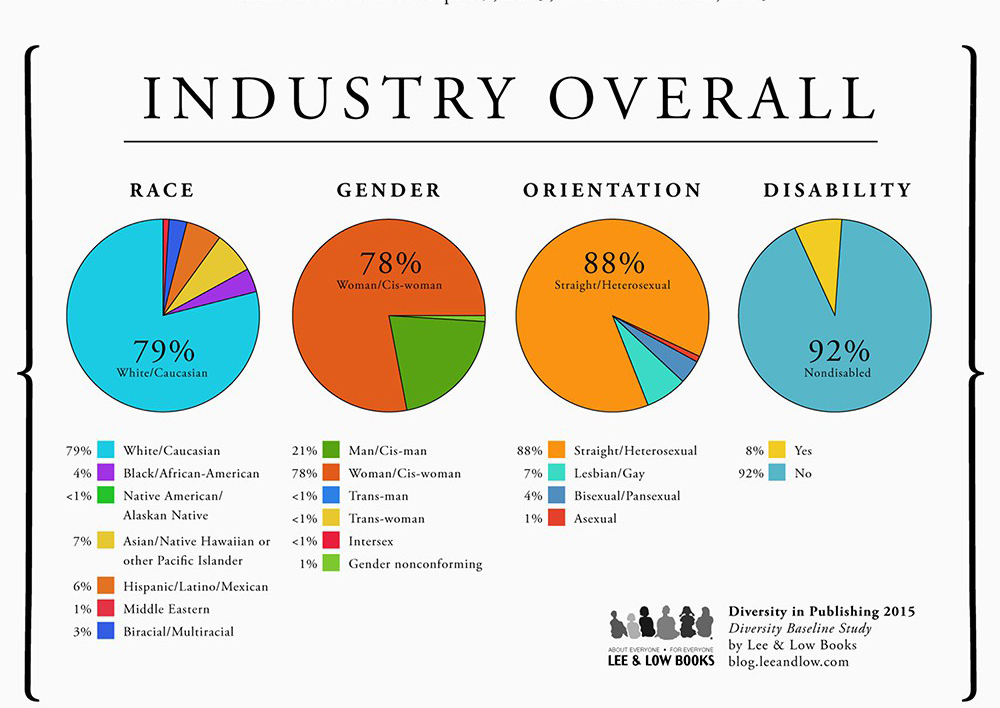26th March 2021 marks the 50th anniversary of the Bangladesh war, struggle and subsequent Independence. East London is home to a vibrant and dynamic British Bengali community who, with strong cultural and familial ties, were deeply impacted by these events. Against a backdrop of 1970s East End revolutionary spirit, many local people were vocal and active in solidarity action to support the movement.
In collaboration with Swadhinata Trust, throughout the year, Toynbee Hall will be delivering a series of activities that spotlight stories and experiences of local people, celebrating this rich heritage. We spoke to Youth and Heritage Manager Farha Bi to find out more:
Please tell us more about this project.
The 1971 Bangladesh War was harrowing and is still part of a living memory of people living in Bangladesh and England today. Those lived experiences continue to impact people now – and it is these voices that we believe should be at the forefront of honouring this anniversary, which Stories of 71 aims to do.
So much power exists through the act of sharing stories and revisiting the lived experiences of people impacted themselves or through their family history. Stories of 71 attempts to offer a platform, spotlighting as many narratives as possible in lots of different ways to say these voices and experiences matter!
Toynbee Hall is a community organisation based in Tower Hamlets that has been working alongside local people since 1884. Tower Hamlets is home to one of the largest British Bengali communities in the UK and we really wanted to honour a heritage so close to the hearts of many people living here. During 1971, there were people living in the area who were involved in mobilising and supporting the movement and war efforts in Bangladesh from London. Additionally, some people who were living in Bangladesh in 71 went on to migrate to the East End and were involved in anti-racist movements here – there are deep connections that exist between the East End and Bangladesh which are important to acknowledge on their impact in shaping life here also.
How can people take part in the project?
There are so many ways to get involved! You could:
- Submit a story to the competition. We also welcome joint submissions where you may support elders in their community & family to share a story.
- Become a heritage volunteer on the project – this could include supporting translations, exploring archives to find stories to share, helping with outreach and support local community members to participate in the programme
- Take part in public sessions with the storyteller and musician to shape & develop the walking tour performance
- Bring your family & friends along and participate in the musical & walking tour around tower hamlets on the day!
- Attend our monthly conversation series that will centre Bengali women’s voices – kick-starting in June!
- If there are other ways you would like to be involved – just let us know and we will try and make it happen– reach out to us at whenwespeak@toynbeehall.org.uk
3. What are you hoping people share via the open submission?
This project is about facilitating a platform to share the stories that people want to share rather than us direct particular narratives. Therefore, we have deliberately kept the theme and competition as open as possible to allow for the multitudes of experiences, emotions and creative expression that may come up. The stories may be non-fictional, rooted in the lived experience however we are also open to fictional creative pieces that are inspired by the themes. This project is all about honouring British Bengali heritage however we recognise that these themes are universal and may connect with people that come from other backgrounds living in the area – we hope they too feel welcome to share their stories.
4. What made you decide to encourage submissions in multiple languages?
We are proud that Tower Hamlets is home to many different communities with several mother languages being spoken. Many people are bilingual speaking two, three and even four languages. We want to celebrate this and provide people an opportunity to participate in their preferred language. We hope to increase accessibility for people who do not feel confident in speaking or writing in English to participate in the project
WE However, regardless of ability to speak in English, where a person speaks more than one language, some stories need to be told in a different tongue – we welcome this.
5. What tips do you have for anyone thinking of entering?
You can share a memory or a personal story but remember that you do not have to. It can be a fictional story too – so don’t feel that is must be personal because it doesn’t. Use the theme as a starting point and brainstorm from that point. You don’t have to restrict the story to 1971 Bangladesh – it can be a broader exploration.
For those who were born after 1971, you may wish to speak with elders in your family and community to hear what they have to say. Our elders have so much knowledge – it’s a great starting place.
6. What will happen to the winning stories?
All submissions that meet the criteria will be presented in a digital format on our platforms. We are also hoping to invite everyone to present their piece at Toynbee Hall later on in the year when it is safe to do so.
The winning stories will go on to feature in the Musical & Story Walking tour being developed by Shamim Azad and local musician Paul Burgess. Recipients will also receive a £100 voucher and be given a presentation opportunity with an audience.
7. Can you tell us more about the other activities that people can take part in such as the walking tour?
In conversation Series: This a monthly conversation series that is centring Bengali women’s voices.
Musical & Story Walking Tour: We are developing a musical and story performative walking tour with locals Bengali Storyteller Shamim Azad, musician Paul Burgess, Swadhinata Trust and Tower Hamlets Archives. We will work together with local people to shape and develop the stories that are felt should be centred in a local walking tour that explores the place-based heritage that connects to Bangladesh and Bengali communities.
Find out more about Stories of 1971 on the Toynbee Hall website.


